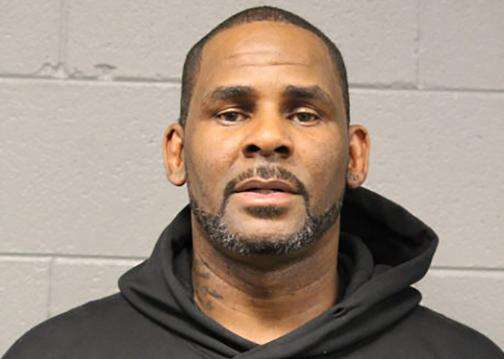HAVANA (AP) — Cuban lawmakers on Saturday approved a law aimed at making Cuba more attractive to foreign investors, a measure seen as vital for the island’s struggling economy.
Meeting in an extraordinary session, parliament replaced a 1995 foreign investment law that has lured less overseas capital than the island’s Communist leaders had hoped.
Cuba’s GDP expanded 2.7 per cent last year, below targets and weak for a developing nation. Government officials say the economy needs 5 to 7 per cent annual growth to develop properly.
“Cuba needs from US$2 billion to US$2.5 billion a year in direct foreign investment to advance its socialist socio-economic model, prosperous and sustainable,” said Marino Murillo, a vice president and the czar of President Raul Castro’s economic reforms.
“Not using those sources would retard national development,” Murillo told lawmakers in comments broadcast on state television, where news of the approval was announced.
Murillo said Cuba will especially look for agricultural investment.
Foreign media were not given access to the closed-door meeting.
Some details of the legislation emerged in official media in recent days. Among other things, it would cut taxes on profits by about half, to 15 percent, and make companies exempt from paying taxes for the first eight years of operation.
An exception would affect companies that exploit natural resources, such as nickel or fossil fuels. They could pay taxes as high as 50 per cent.
Meanwhile, many foreigners doing business with the island would be exempt from paying personal income tax.
Cuban-born economist and University of Pittsburgh professor emeritus Carmelo Mesa-Lago said elements such as lower taxes, a shorter timeline for approvals and the ability to invest in property send encouraging signals, but it’s too early to tell.
“The test of the law is how it will be implemented in practice,” Mesa-Lago said.
Investment projects wholly funded by foreign capital would be explicitly allowed in all sectors except health care and education, something that is essentially unheard of today.
But Murillo’s remarks suggested the government intends to continue in at least a watchdog role “so that there is no concentration of property.”
“What the new law establishes is that the state must always be there,” he said.
It’s also not clear that wholly foreign-owned ventures would enjoy the same tax benefits.
Washington’s 52-year-old economic embargo on Cuba prevents most U.S. trade with the island and includes sanctions to discourage foreign outfits from doing business with Havana.
Cuban officials promise there will be no nationalizations of property, as happened after the 1959 Cuban Revolution, except in cases of national interest and only with compensation.
The investment law is a fundamental part of Castro’s package of reforms, begun in 2008 with the stated goal of “updating” Cuba’s economic model.
Hundreds of thousands of Cubans are now legally working independently of the state in a nascent private sector, though authorities say they are not abandoning socialism.
Analysts say Cuba must demonstrate that it is truly open to foreign private investment after nearly five decades of government control of the economy.
Meanwhile a recent corruption crackdown led to the imprisonment of a number of foreigners, as well as dozens of Cuban officials and executives, sending a chill through the foreign business community.
Former Cuban Central Bank economist Pavel Vidal said foreign investment has averaged 20 percent less than forecast in the years since Castro’s reforms began.
In a recent report, he wrote that the investment law represents “the last opportunity for the reform to come close to the growth goals planned through 2016.”
Cuba’s parliament usually meets twice a year, in July and December. Castro announced the extraordinary session late last year.











2 thoughts on “Cuban lawmakers OK key foreign investment law”
Comments are closed.